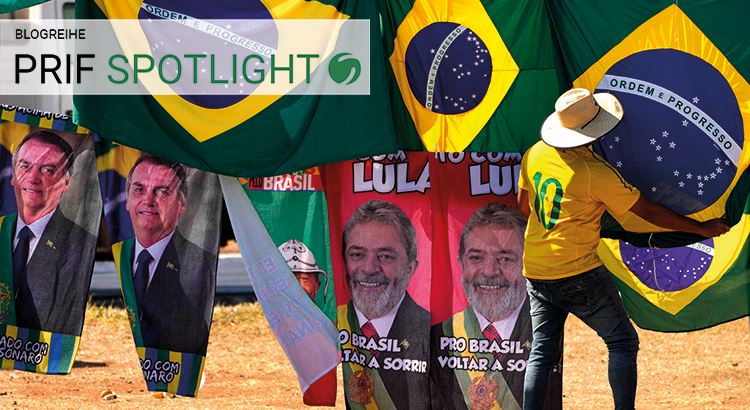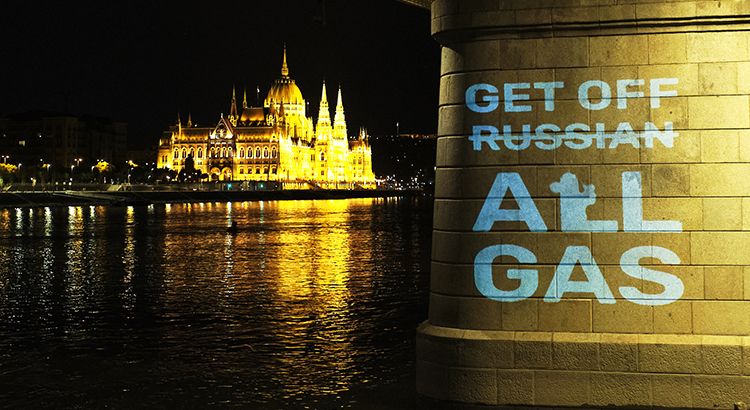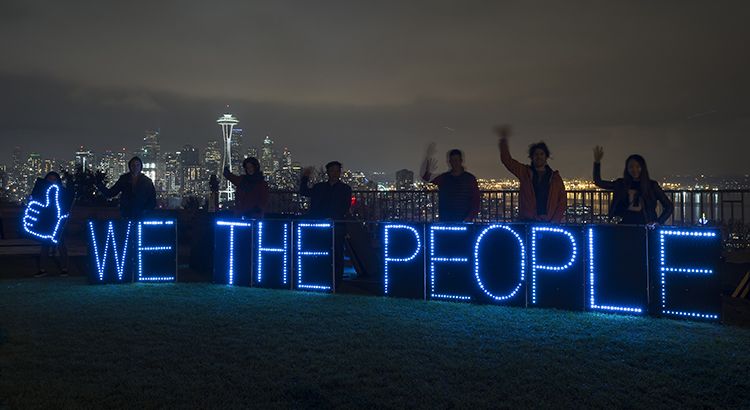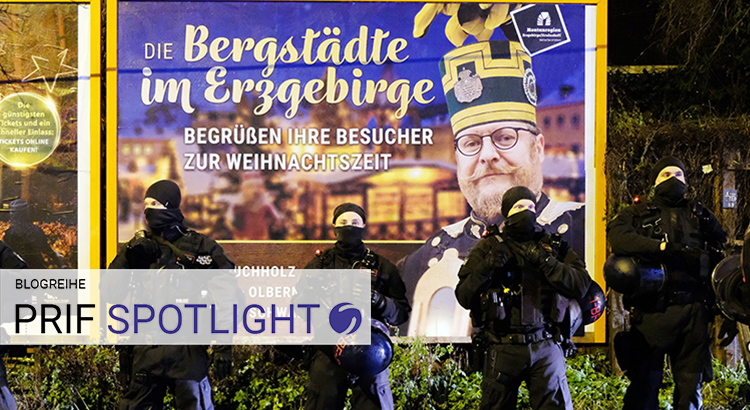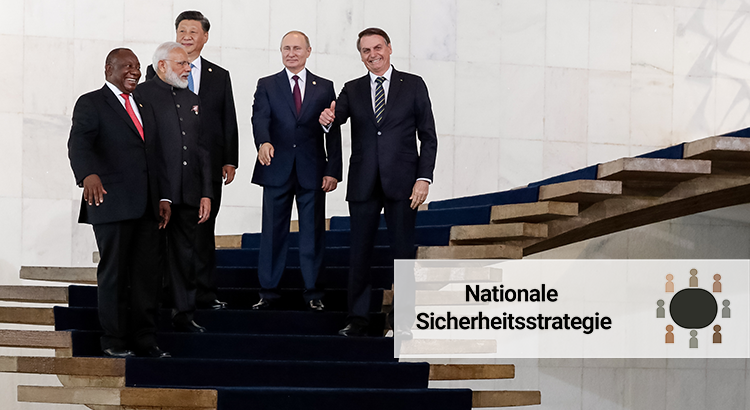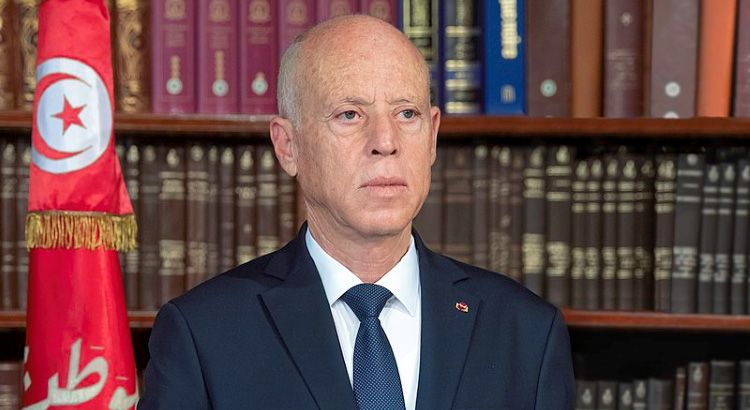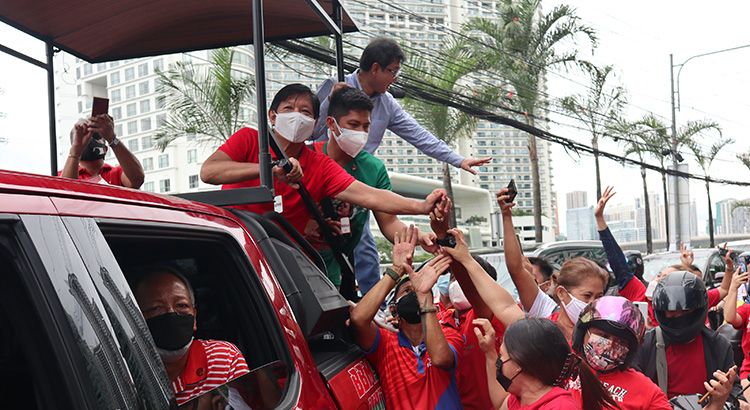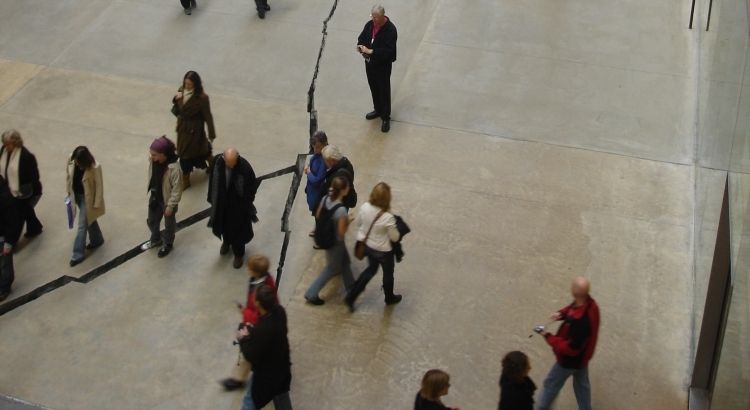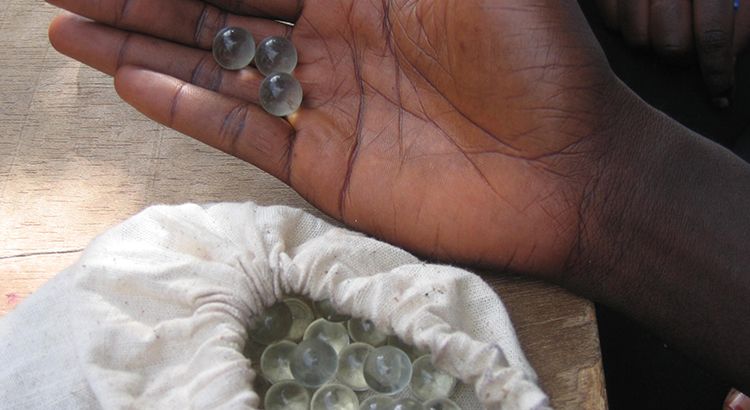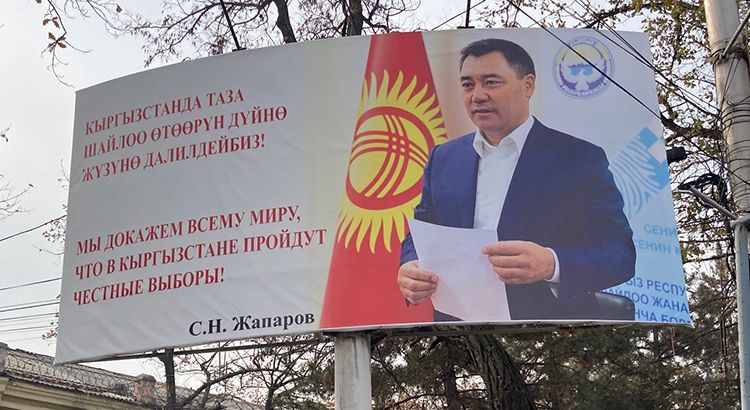Schlagwort: Demokratie
Brazil’s presidential elections are scheduled to take place on October 2, 2022. The confrontation between the extreme-right incumbent president Bolsonaro and the center-left former president Lula Da Silva provides a rare setting. The election places Brazil at a crossroads and will set the stage for either a comprehensive commitment to democracy under Lula or a continuation along the path to authoritarianism under Bolsonaro. Recent polls suggest that the most likely scenario is a win for Lula. Nevertheless, Brazil’s democratic institutions are continuously under attack. Currently, the possibility of the elections being preemptively cancelled or the final results being contested cannot be fully dismissed.
„Wutwinter“, heißer Herbst und Klimakrise: Ohne sozial-ökologische Vision erstarkt die extreme Rechte
Die Energiekrise stellt die Gesellschaft vor große soziale und politische Herausforderungen. Intensiv wird über den kommenden „Wutwinter“ und heißen Herbst diskutiert, während erste Proteste bereits stattfinden. Protest ist nichts Negatives und gehört zur demokratischen Willensbildung. Es gilt aber das Protestgeschehen auf den demokratischen Gehalt zu befragen und Initiativen von Links und Rechts nicht über einen Kamm zu scheren. Erneut droht, wie schon bei Pegida und den Corona-Protesten, die extreme Rechte von der gesellschaftlichen Stimmung zu profitieren. Um hier entgegenzuhalten, könnte es helfen, die Diskussionen um die Energiekrise von dem Fokus auf Russland zu lösen und umfassender im Kontext der Klimakrise zu verhandeln.
The Reconstitution of Liberal Hegemony in Comparative Regime Research: V-Dem’s Discursive Turn from the Contestation to the Decontestation of Democracy
Within just a few years, the Varieties of Democracy (V-Dem) project has experienced a remarkable rise to both academic and political prominence. As I show in a paper that was just published open access with Contemporary Politics, this rise has been accompanied by a notable discursive shift: Having started as a project aimed at taking seriously the essential conceptual contestability of democracy, in recent years V-Dem has adopted an increasingly narrow and taken-for-granted focus on liberal democracy. This turn from the contestation to the decontestation of democracy, which responds to the perception of serious threats to democracy in general and liberal norms in particular, is not only remarkable in and of itself. In the face of the current crisis of democracy, it is also deeply problematic as it contributes to downplaying the inherent limitations of liberal democracy. The following contribution presents and summarizes the main arguments from the paper.
Eine polarisierte Stadt. Die Corona-Proteste, Demokratieverdruss und die Rolle der Lokalpolitik in Freiberg
Seit 2021 fanden im mittelsächsischen Freiberg über 60 „Spaziergänge“ gegen die Coronapolitik statt. Wie im ganzen Freistaat wurden die Proteste von den extrem rechten „Freien Sachsen“ dominiert. Auch Mandatsträger:innen von Parteien unterstützten sie. Die Kommunalpolitik reagierte nur zögerlich. Erst ein Appell der Zivilgesellschaft veränderte die Situation: Der Oberbürgermeister distanzierte sich deutlich und wurde wiedergewählt. Nun braucht es politische Antworten auf anhaltende Polarisierung und Demokratieverdruss in der Region.
Gemeinsam gegen die bösen Autokratien? Zu den Fallstricken demokratischer Allianzbildung als Pfeiler einer zukünftigen deutschen Sicherheitsstrategie
In Reaktion auf den Aufstieg Chinas und das zunehmend selbstbewusste Auftreten autoritär verfasster Staaten hat sich auch im deutschen außenpolitischen Diskurs das Bild eines neuen „Systemwettbewerbs“ verfestigt. Die Vorstellung, dass sich die Demokratien dieser Welt im Angesicht bedrohlicher Autokratien zusammenschließen müssen, hat durch den russischen Angriffskrieg auf die Ukraine weiter Nahrung erhalten. Die Bundesregierung wäre allerdings schlecht beraten, diese Idee einer Zweiteilung der Welt in gute Demokratien und schlechte Autokratien zur Grundlage ihrer Nationalen Sicherheitsstrategie zu machen.
Still und leise: die Abschaffung der tunesischen Demokratie
Während sich die mediale Berichterstattung international sowie hierzulande mit der Corona-Pandemie, der Machtübernahme der Taliban in Afghanistan und seit Februar dieses Jahres mit dem Ukraine-Krieg beschäftigte, hat der tunesische Präsident Kais Saied relativ unbemerkt von der Weltöffentlichkeit seit dem Sommer 2021 den tunesischen Demokratisierungsprozess beendet und demokratische Institutionen abgebaut. Die Opposition gegen Saied wächst und der Rückhalt in der Bevölkerung für seinen Kurs nimmt ab. Nun ist es auch an Deutschland und der EU, der Autokratisierung Tunesiens entschieden entgegenzutreten.
Elections in the Philippines: A Vote for Continuity?
In a few days, on May 9, 2022, the Philippines will elect the successor of outgoing President Duterte. The most likely candidate to become the new president of the Philippines is Ferdinand “Bongbong” Marcos Jr, the son of former dictator Ferdinand Marcos. The vice-presidency will most probably go the daughter of the current president, Sara Duterte-Carpio, whose father is responsible for the brutal drug war of recent years. How did this happen, and what does it say about the state of democracy in the Philippines?
Flüchtlingsschutz muss Grenzschutz weichen: Zum Vorschlag der EU-Kommission zur Reform des Schengen-Systems
Im Dezember legte die EU-Kommission einen Gesetzentwurf zur Reform des Schengen-Systems vor. Was auf den ersten Blick die Grenzkontrollen im Rahmen des Schengener Grenzkodexes harmonisieren soll, könnte zur weiteren Erosion der Menschenrechte an den EU-Außengrenzen beitragen. Die Mitgliedstaaten werden primär mit Maßnahmen ausgestattet, die auf Abschreckung und Verhinderung von Asylverfahren ausgerichtet sind. Dies untergräbt letztlich das normative Fundament der Union.
#GambiaDecides2021: A Sign of Democratic Hope?
Wherever you go in the Gambia, you will find people in the streets chattering about the presidential election surrounded by an air of excitement. Gambians call this chatter ‘gisgis’ and it is all about politics these days. On 4 December 2021, Gambians went to the polls. The first elections without the former 22 year-long president Yahya Jammeh contesting passed peacefully. His successor Adama Barrow, elected in 2016 quite surprisingly, was confirmed in power. With that, the Gambia passed a litmus test: having decided for continuity in times of change, Gambians send a strong signal of democratic practice to the region.
Die Parlamentswahlen in Kirgistan: Ein weiteres wichtiges Puzzlestück im erneuten Autokratisierungsprozess?
Am 28. November 2021 wird die kirgisische Bevölkerung über ein neues Parlament abstimmen. Seit den letzten politischen Unruhen nach den Parlamentswahlen im Oktober 2020 befindet sich die Republik in einem politischen und sozialen Umbruch. Eine neue Verfassung und ein neues Wahlsystem wurden verabschiedet, mehr als 400 Gesetze werden einer Revision unterzogen und die Zivilgesellschaft und Opposition stehen verstärkt unter Druck.
